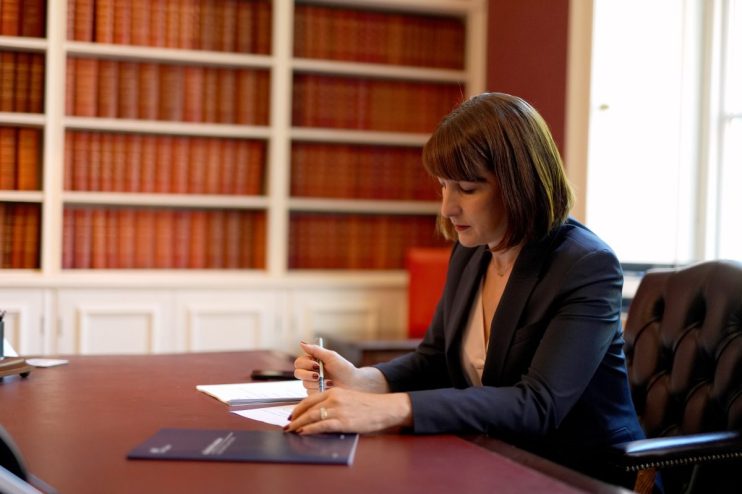Grow, baby, grow… but will Labour’s growth agenda be enough?

City AM’s politics reporter, Jessica Frank-Keyes, unpacks the week in Westminster. Today, she tackles Labour’s growing promises.
Picture a graph with the x axis stretching from 1800 to the present day. The data is represented as a fairly flat line along the bottom, up to about 1960.
Then it bumps around at about a quarter of the graph’s height, before – in around 2011 – shooting upwards. The data drops again in 2020 (no prizes for guessing why), and then heads skyward again in 2022 and onwards.
That’s the graph for the number of times the word growth is listed as being mentioned in both Houses of Parliament since Hansard – the official record – was founded in 1803.
Nowadays, everyone seems to agree that Britain’s economy needs to grow. From the ill-fated Liz Truss denouncing “the anti-growth coalition”, to the Labour government winning the election and pledging to get the economy back on track, it’s a broad political consensus.
As Karl Williams from the Centre for Policy Studies (CPS) puts it: “Real wages have stagnated for the past 15 to 20 years, since 2008. We’re a lot poorer than we should be.”
Ahead of the election, Labour promised in their manifesto that they would work to secure the highest sustained growth among the G7 nations.
After taking office, Keir Starmer and Chancellor Rachel Reeves were eager to highlight their poor economic inheritance, following the impact of Brexit, the Covid pandemic, the energy crisis sparked by Russia and what they termed ‘Tory economic mismanagement’.
They cited a £22bn “black hole” in the public finances, and Reeves’ Budget hiked taxes by £40bn, creating backlash from businesses and lobby groups such as the Confederation for British Industry (CBI), who said her fiscal plans knocked confidence in the economy.
Since then, she’s faced a lot of criticism – including speculation about her future at the Treasury, and defended herself over a trip to China during a week when state borrowing costs soared to their highest levels since the 1990s – prompting fears of fiscal meltdown.
The markets have since stabilised, although the overall economic outlook remains bleak. But Reeves appears safe in her role, for now – with reports she is fully backed by the PM and her cabinet colleagues in her and Starmer’s new drive for “growth, growth, growth”.
Disclaimer: Investing carries risk. This is not financial advice. The above content should not be regarded as an offer, recommendation, or solicitation on acquiring or disposing of any financial products, any associated discussions, comments, or posts by author or other users should not be considered as such either. It is solely for general information purpose only, which does not consider your own investment objectives, financial situations or needs. TTM assumes no responsibility or warranty for the accuracy and completeness of the information, investors should do their own research and may seek professional advice before investing.
Most Discussed
- 1
- 2
- 3
- 4
- 5
- 6
- 7
- 8
- 9
- 10